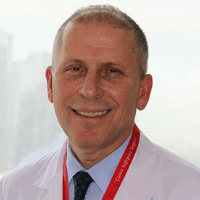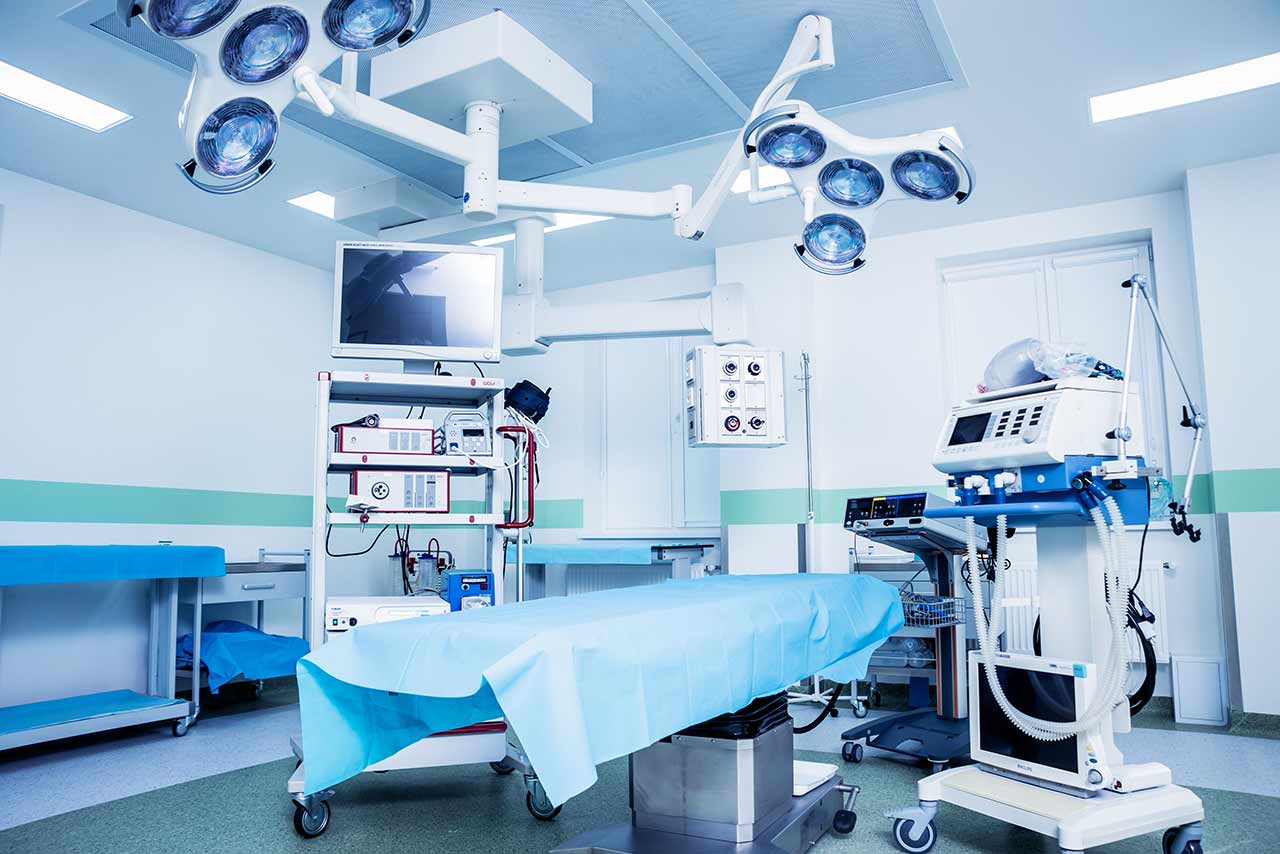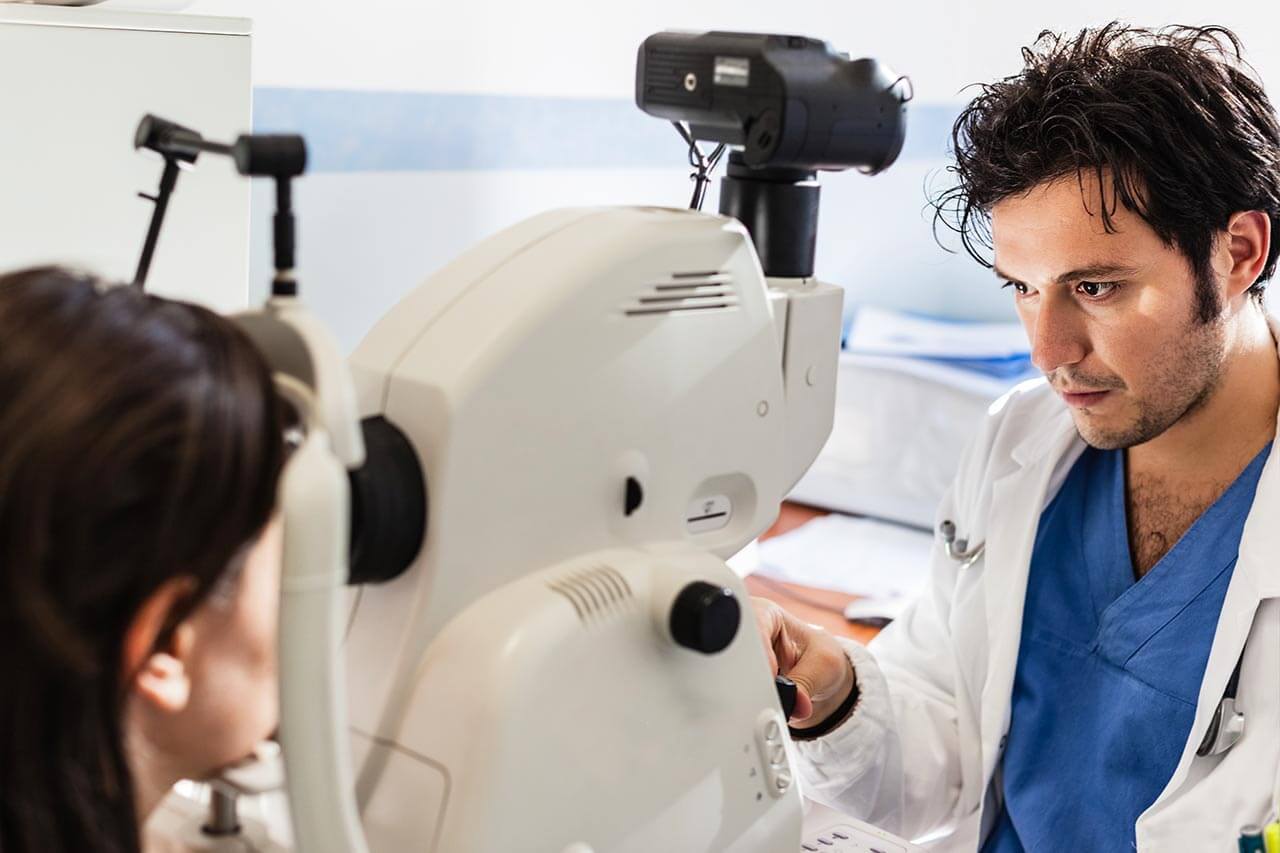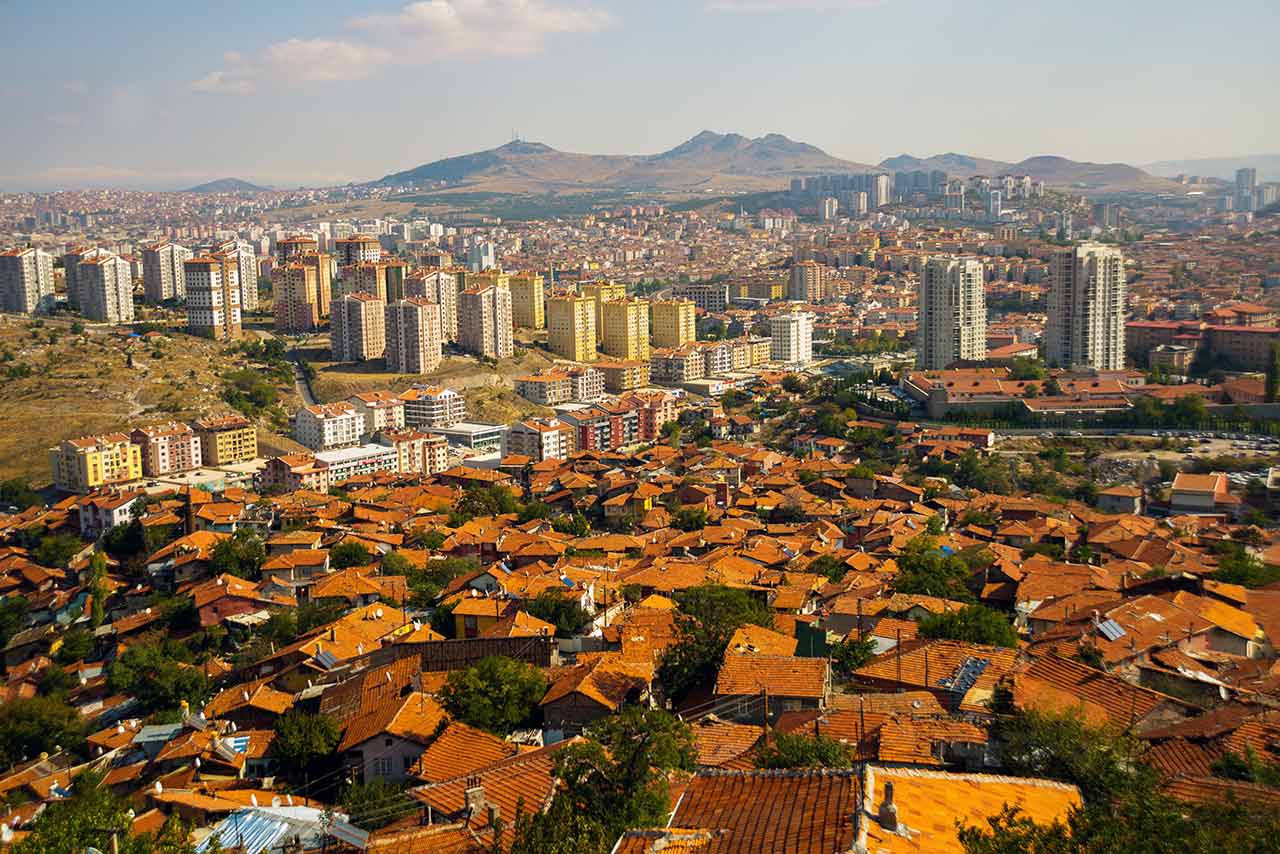
The program includes:
- Initial presentation in the clinic
- clinical history taking
- review of medical records
- physical examination
- laboratory tests:
- complete blood count
- general urine analysis
- biochemical analysis of blood
- inflammation indicators (CRP, ESR)
- TSH, fT3, fT4
- L-Dopa-Test
- indicators of blood coagulation
- neurological examination
- CT/MRI scan
- neuropsychological tests (if indicated):
- ENMG (electroneuromyography)
- EEG (electroencephalography)
- SEPs (somatosensory evoked potentials)
- VEPs (visually evoked potentials)
- BAEP tests (brainstem auditory evoked potentials)
- stationary EEG monitoring
- preoperative care
- surgical treatment of Parkinson's disease with deep brain stimulation and implantation of
neurostimulator (including the cost of neurostimulator) - 1-day intensive care unit stay
- postoperative MRI control
- symptomatic treatment
- control examinations
- the cost of essential medicines and materials
- nursing services
- full hospital accommodation
- developing of further guidance
How program is carried out
During the first visit, the physician will conduct a clinical examination and neurological examination, and go through the results of the available diagnostic tests. After that, you will undergo the necessary additional examination, such as the laboratory blood and urine tests, MRI or CT scan. Based on the results of an additional examination, the physician will clarify the localization of foci of pathological electrical activity in the brain. After that, the preparation according to the preoperative standard will begin.
The first stage of treatment is the implantation of stimulating electrodes into the brain. The operation is performed under local anesthesia, through a small opening in the skull. You will be awake and communicating with your surgeon, so that he will be able to assess the correctness of the brain electrodes placement.
The second stage of treatment is the implantation of a neurostimulator, which will generate electrical impulses that regulate the work of the brain. Depending on the anatomical peculiarities, the surgeon will place the neurostimulator under the collarbone or in the abdomen and attach the brain electrodes to it. Typically, this operation is performed under general anesthesia.
After the completion of the operation, you will stay in the intensive care unit, under the round-the-clock supervision of physicians and nurses. When the condition becomes stable, you will be transferred to a regular ward.
Your physician will evaluate the results of the postoperative MRI and program the neurostimulator according to your individual needs. You will be able to turn the device on and off yourself. After setting up the neurostimulator, the attending physician will schedule the date of discharge from the hospital and give you detailed recommendations for further follow-up and treatment.
Required documents
- Medical records
- MRI/CT scan (if available)
Service
You may also book:
 BookingHealth Price from:
BookingHealth Price from:
About the department
The Department of Adult and Pediatric Neurosurgery at the Memorial Ankara Hospital offers all the options of modern surgery for the effective treatment of diseases of the central and peripheral nervous system. The highly qualified specialists of the department have state-of-the-art equipment for sparing interventions to treat brain and spinal cord tumors, cerebrovascular diseases, craniocerebral injuries, spinal injuries, myelomeningocele and many other pathologies. The department's neurosurgeons also provide highly effective treatment of diseases of the nervous system in children of various age groups. When admitted to the department, the patients undergo comprehensive diagnostics, including laboratory tests, CT and MRI scans of the brain and spinal cord, angiography and other imaging tests, which help the doctors decide on the advisability of the surgical procedure. Neurosurgical interventions are performed in high-tech operating rooms equipped with innovative systems for neuronavigation, neuromonitoring, surgical microscopes, radiosurgical systems for stereotactic interventions, etc. All these resources guarantee safe and highly effective treatment. The Chief Physician of the department is Prof. Dr. med. Ismail Hakkı Tekkok.
The department's medical team has rich and successful experience in the surgical treatment of benign and malignant tumors of the brain and spinal cord. The treatment is provided for both adults and children. Since neoplasms in the brain and spinal cord are a rather complex clinical task, the department's doctors use an interdisciplinary approach – oncologists, radiologists, neuroradiologists, neurologists and other specialists are involved in the therapeutic process. The doctors cooperatively study the patient's clinical case and develop an individual treatment regimen in order to ensure the best possible result. As a rule, the main treatment methods are neurosurgery, radiosurgery, chemotherapy, and/or radiation therapy. If possible, the specialists prefer radiosurgical techniques, which allow the doctors to get rid of the tumor in just one session without any invasive manipulations. The highest efficiency of cancer cell destruction is ensured by precise focusing of higher radiation doses as compared to classical radiation therapy. Thus, irradiation only affects pathological foci without damaging healthy brain or spinal cord tissues. However, this type of treatment does not always help to achieve the desired results, so neurosurgical operations are quite often performed. Most surgical procedures are performed through a minimally invasive access, which reduces trauma to healthy tissues. The department's neurosurgeons also perform brain surgery with access through the nose, without the need to open the skull. Prior to surgery for tumor removal, the neurosurgeon preliminarily plans each stage of the intervention using data obtained from CT, MRI, PET scans and other imaging tests. Special attention is paid to the assessment of brain activity, vascular changes, as well as to the determination of the exact location of the neoplasm, its size, invasion in the surrounding tissues, metastases in other organs and anatomical structures. When performing surgery, the specialists use the very latest neuronavigation systems, neuromonitoring and other techniques, since they allow the surgeon to perform each manipulation with the highest accuracy, without damaging the vital areas of the brain and spinal cord.
The treatment of spinal diseases and injuries is also one of the priority focuses of the department's medical team. Particular attention is paid to the treatment of patients with hernias of all parts of the spine, spinal injuries, spinal stenosis and congenital spinal anomalies. Whenever possible, the department's specialists carry out endoscopic and microsurgical procedures. The use of neuronavigation and neuromonitoring systems eliminates the risks for the patient, including the risks of damaging spinal cord and nerves.
The department's surgeons often admit patients with functional disorders of the nervous system, which do not respond to conservative treatment, for example, Parkinson's disease, dystonia, tremors, spasticity. Deep brain stimulation is successfully used to treat these diseases and improve the quality of life of patients. The method involves the action of electrical impulses on certain areas of the brain. During this procedure, the special neurostimulator is implanted under the patient's skin (under the collarbone), which transmits impulses through the electrodes. The department's neurosurgeons implant high-quality neurostimulators, which can work for years without the need for replacement. The operation to implant a neurostimulator for deep brain stimulation is performed using sparing minimally invasive techniques, under general anesthesia. The surgeon performs all surgical manipulations under the guidance of the intraoperative MRI system, which excludes damage to functionally important anatomical structures. The implantation of the permanent electrode is preceded by the brain mapping – the surgeon assesses the electrical activity of the brain using a microelectrode and selects the optimal point for the location of the permanent electrode.
The department is also distinguished by its outstanding success in the treatment of neurosurgical diseases in children. The specially trained surgical team works for the benefit of young patients, while each specialist from this team has deep knowledge in the field of neurosurgery and anatomy of the growing child's body. Most often, pediatric neurosurgeons deal with the treatment of children with brain and spinal cord cancer, vascular malformations of the brain, hydrocephalus and spina bifida. The treatment corresponds to the clinical protocols and the requirements of the professional societies for pediatric neurosurgery. In addition, the doctors take care of the emotional state of the child, since the upcoming treatment can cause a strong fear in young patients.
The department's range of medical services includes:
- Surgical treatment of brain and spinal cord tumors, including metastases
- Surgical treatment of traumatic brain injuries
- Surgical treatment of spinal diseases
- Spinal stenosis
- Spinal injuries
- Spinal hernias
- Surgical treatment of cerebrovascular diseases
- Intracranial aneurysms
- Arteriovenous malformations of the brain
- Carotid stenosis
- Brain hemorrhage
- Cerebral thrombosis
- Cerebral venous thrombosis
- Surgical treatment of functional diseases of the nervous system
- Parkinson's disease
- Spasticity
- Tremor
- Dystonia
- Surgical treatment of diseases of the nervous system in children
- Brain and spinal cord tumors
- Cerebrovascular diseases
- Hydrocephalus
- Spina bifida
- Surgical treatment of other diseases of the nervous system
Curriculum vitae
Professional Career
- Since 2018 Chief Physician of the Department of Adult and Pediatric Neurosurgery at the Memorial Ankara Hospital, Ankara, Turkey.
- 2013 - 2018 Neurosurgeon, Department of Neurosurgery, Bayindir Hospital, Ankara, Turkey.
- 2010 - 2013 Neurosurgeon, Department of Neurosurgery, TOBB ETU Hospital, Ankara, Turkey.
- 2005 - 2010 Neurosurgeon, Department of Neurosurgery, Mesa Hospital, Ankara, Turkey.
- 2002 - 2005 Neurosurgeon, Department of Neurosurgery at the Mersin University Hospital, Mersin, Turkey.
- 1997 - 2001 Neurosurgeon, Department of Neurosurgery, Bayindir Hospital, Ankara, Turkey.
Higher Education and Postgraduate Training
- 1996 - 1997 Internship at the Children's Hospital of Eastern Ontario, Canada.
- 1995 - 1996 Training at the Ohio State University College of Medicine, USA.
- 1994 Internship at the Montreal Neurological Institute, Canada.
- 1985 - 1992 Highly specialized training in Neurosurgery, Department of Neurosurgery, Faculty of Medicine, Hacettepe University, Ankara, Turkey.
- 1983 Study of Human Medicine at the Faculty of Medicine, Hacettepe University, Ankara, Turkey.
Awards and Honors
- 1996 Lars Leksell Award.
- 2006 - 2007 Marquis’ Who’s Who in Medicine and Healthcare Award.
Memberships in Professional Societies
- Turkish Neurosurgical Society.
- Congress of Neurological Surgeons (CNS).
- International Society of Pediatric Neurosurgery (ISPN).
- New York Academy of Sciences.
Photo of the doctor: (c) Memorial Ankara Hospital
About hospital
The Memorial Ankara Hospital is one of the largest private medical complexes in the capital of Turkey, where patients can undergo top-class diagnostics and treatment in all fields of modern medicine. The hospital is part of the prestigious Memorial Healthcare Group. The doors of the medical facility were first opened in 2014, and since then its employees have been doing their best to maintain the credibility of the hospital both throughout the country and far beyond its borders. For exceptional medical service, the hospital was awarded the Joint Commission International (JCI) certificate, which is given only to the best medical centers around the world.
The hospital is located in a modern building with an area of 42,000 square meters. The medical facility has 230 beds for the accommodation of patients. It includes 63 specialized departments – each of them specializes in a particular medical field. The key focuses are ophthalmology, plastic surgery, cardiology, cardiac surgery, orthopedics and oncology.
The hospital includes 11 modern operating rooms. They use special LED lamps, which prevent thermal emission and comply with the international sterilization technologies. The hospital also has hybrid operating rooms, which are equipped for minimally invasive operations.
Special attention should be given to the medical and technical base of the medical complex. It includes state-of-the-art diagnostic devices for MRI, CT, PET-CT, as well as TrueBeam STx and Elekta Versa HD radiation therapy devices, and many other innovative systems, which guarantee the patient the most effective results and maximum comfort.
Naturally, the medical staff of the medical facility also plays a key role in the successful clinical practice. The health of the patients is in good hands of the highly qualified doctors who have comprehensive professional training, many years of experience and regularly demonstrate excellent treatment results. The responsive nursing staff provides patients with quality care. In addition, all the staff of the hospital show a friendly and respectful attitude towards the patients.
Photo: (c) depositphotos
Accommodation in hospital
Patients rooms
The patients of the Memorial Ankara Hospital live in cozy single rooms and luxury rooms. Each patient room has all the amenities for maximum comfort. The hospital also has specially equipped rooms to accommodate disabled patients. The patient rooms are equipped with all necessary furniture, TV, telephone, ensuite bathroom with shower and toilet. The patient rooms also have Wi-Fi. The rooms are designed in a pleasant light color scheme, while the large panoramic windows offer a beautiful view of the capital of Turkey.
Meals and Menus
The patient and the accompanying person are offered tasty and balanced three meals a day. If for some reason you do not eat all foods, you will be offered an individual menu. Please inform the medical staff about your food preferences prior to treatment.
Further details
Standard rooms include:
Accompanying person
During the inpatient program, the accompanying person can live with the patient in a patient room or a hotel of his choice. Our managers will help you choose the most suitable option.
Hotel
During an outpatient program, the patient can stay at the hotel of his choice. Our managers will help you choose the most suitable option.




